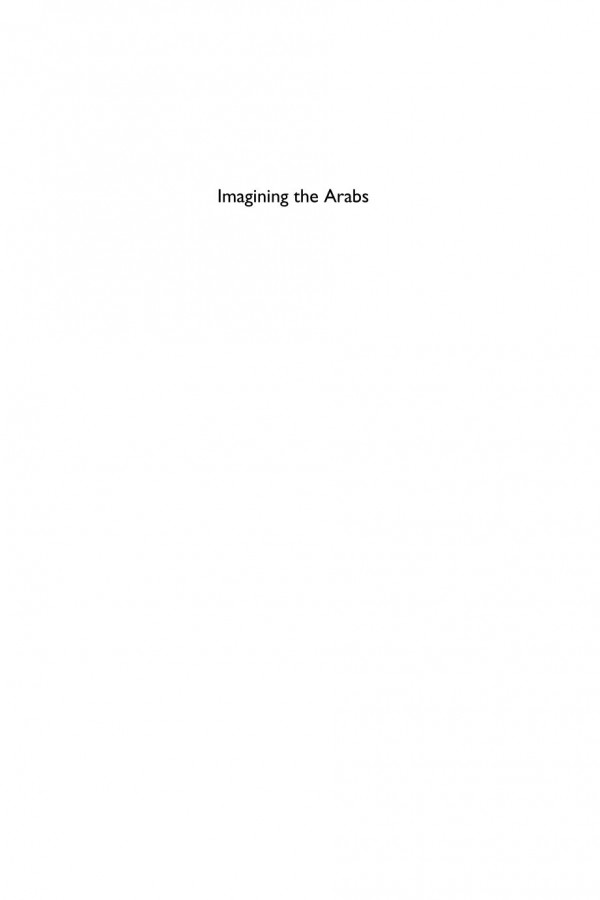

Most ebook files are in PDF format, so you can easily read them using various software such as Foxit Reader or directly on the Google Chrome browser.
Some ebook files are released by publishers in other formats such as .awz, .mobi, .epub, .fb2, etc. You may need to install specific software to read these formats on mobile/PC, such as Calibre.
Please read the tutorial at this link: https://ebookbell.com/faq
We offer FREE conversion to the popular formats you request; however, this may take some time. Therefore, right after payment, please email us, and we will try to provide the service as quickly as possible.
For some exceptional file formats or broken links (if any), please refrain from opening any disputes. Instead, email us first, and we will try to assist within a maximum of 6 hours.
EbookBell Team

5.0
90 reviewsWho are the Arabs? When did people begin calling themselves Arabs? And what was the Arabs’ role in the rise of Islam? Investigating these core questions about Arab identity and history through close interpretation of pre-Islamic evidence and the extensive Arabic literary corpus in tandem with theories of identity and ethnicity prompts new answers to the riddle of Arab origins and fundamental reinterpretations of early Islamic history.
It is revealed that the time-honoured stereotypes depicting Arabs as ancient Arabian Bedouin are entirely misleading: the essence of Arab identity was in fact devised by Muslims during the first centuries of Islam. Arab identity emerged and evolved as groups imagined new notions of community to suit the radically changing circumstances of life in the early Caliphate. The idea of ‘the Arab’ was a device used by Muslims to articulate their communal identity, to negotiate post-Conquest power relations, and to explain the rise of Islam. Over Islam’s first four centuries, political elites, genealogists, poetry collectors, historians and grammarians all participated in a vibrant process of imagining and re-imagining Arab identity and history, and the sum of their works established a powerful tradition that influences Middle Eastern communities to the present day.